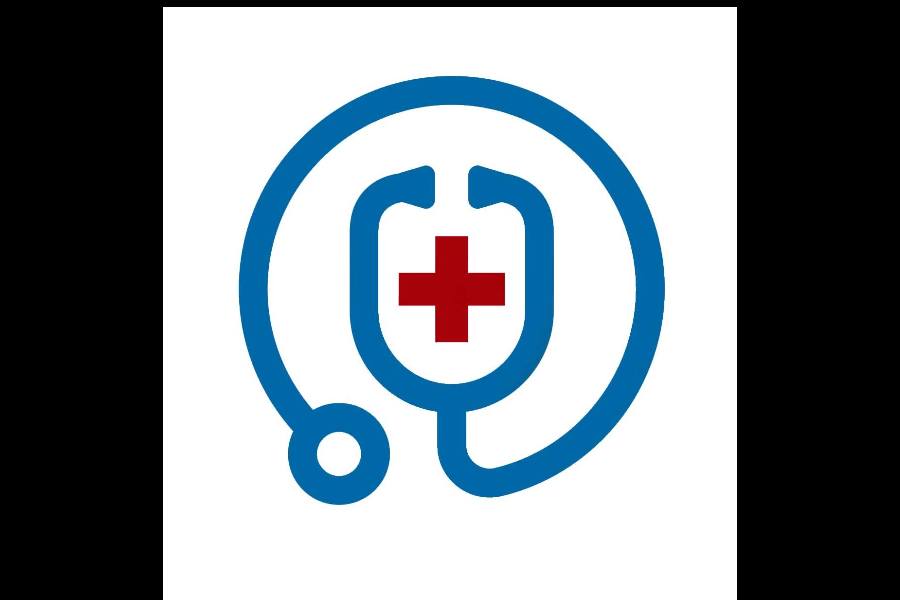The Centre has asked the pharmaceutical industry to adopt a “code” for marketing practices that sections of doctors and patients’ rights advocates say is unlikely to alter unethical practices that can adversely impact patients.
A network of doctors and patients’ rights advocates on Tuesday described the code released by the Union department of pharmaceuticals on March 12 as a “window-dressing” exercise that some said “legitimises” certain controversial practices without meaningful scrutiny or penalties.
The Uniform Code for Pharmaceutical Marketing Practices (UCPMP) 2024, a revision over an earlier code notified in 2015, bans gifts or pecuniary benefits of any kind from pharmaceutical companies to doctors or their immediate or extended family members.
Companies should also not provide travel or hospitality such as “hotel stay, expensive cuisine or resort accommodation” to healthcare professionals or their family members unless the person is a speaker at a continuing medical education programme. The code also specifies a limit of Rs 1,000 on any “brand reminders” such as books, diaries, or journals given by companies to doctors.
Both the 2015 and 2024 versions of the code have emerged amid concerns among sections of doctors that marketing practices aimed at nudging doctors into prescribing specific drug formulations could expose patients to additional costs or additional risks or both.
The Alliance of Doctors for Ethical Healthcare (ADEH), a network of physicians campaigning for ethics in medicine, said on Tuesday that the UCPMP 2024 “would be as useless” as the code released in 2015.
“Unhealthy practices by pharmaceutical companies of bribing doctors and giving them freebies add to the cost of drugs which ultimately burdens patients’ pockets,” the ADEH said in a media release.
“The government has merely asked pharmaceutical associations to implement the code. There is no penalty or any other action against (a) company except that the company would lose membership of the (pharmaceutical) association … this is in effect only a window-dressing,” the ADEH added, iterating its demand for a mandatory code.
The 2024 code requires companies to disclose details of expenses they have incurred on continuing medical education programmes and details of the procedures through which they selected conference speakers, participants and their funding sources.
“By allowing companies to fund continuing medical education programmes and speakers, the 2024 code effectively legitimises such practices without any meaningful or rigorous scrutiny,” said Malini Aisola, a member of the All India Drug ActionNetwork, a consortium ofdoctors and patients’ rights advocates.
While concerns about unethical pharmaceutical marketing practices emerged in India over 15 years ago, they were initially centred on gifts or travel offered by companies to doctors, Aisola said. “But in recent years, companies have switched to sophisticated ways such as offering doctors positions as honorary consultants or advisers,” she said.
The 2024 code specifies that companies may engage doctors in a consultant-advisory capacity “for bona-fide research services” under an agreement involving a consultancy fee or an honorarium-based payment.
It also specifies that such engagements should not compromise patient interest and that the integrity of the doctors is maintained in line with ethics regulations governed by the National Medical Commission, the apex regulatory body for medical practice.
Aisola said it is unclear who will determine whether patient interest gets compromised or not and how.
“This code has no legal framework,” said Sanjay Parikh, an advocate representing a nationwide federation of medical representatives’ association that has petitioned the Supreme Court seeking a statutory code of ethical marketing practices with penal consequences.
“It is something the government expects members of private (pharmaceutical) associations to adopt without meaningful deterrence or penalties,” Parikh told The Telegraph.
“The NMC can act against doctors who violate the ethics code,” said Arun Gadre, a member of the ADEH. “But there is no legal provision for penalties for pharma companies that violate the code.”
The 2015 code has had little impact, said Vipin Vashishtha, a paediatrician in Bijnor, Uttar Pradesh.
“Companies seek out key opinion leaders in medicine and even to try and influence the content of their talks in medical conferences,” Vashishta said.











